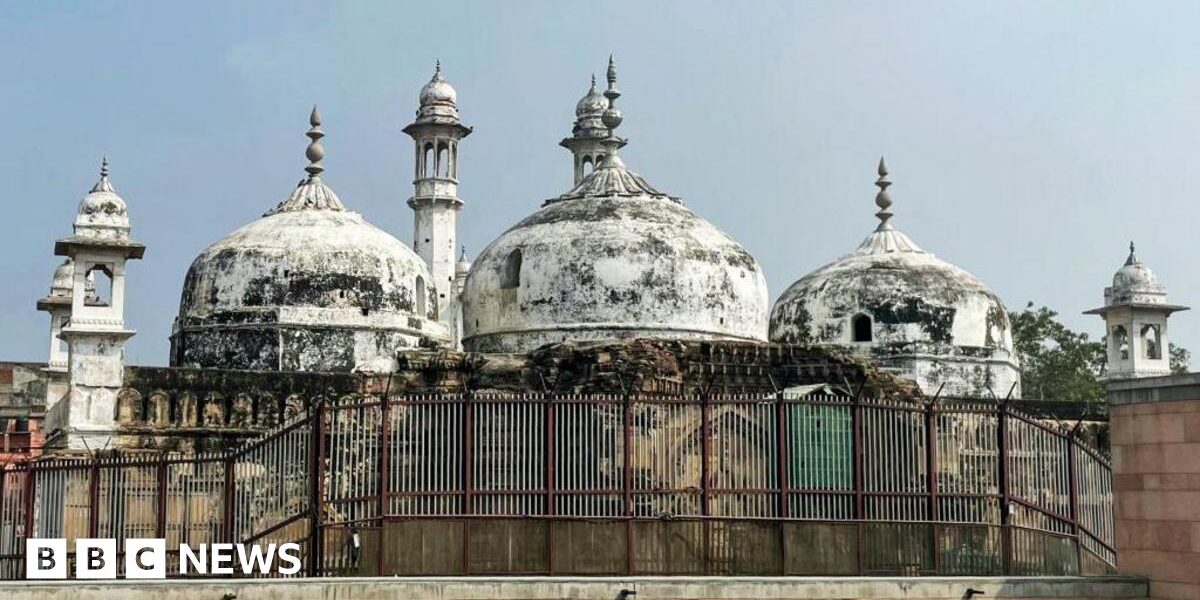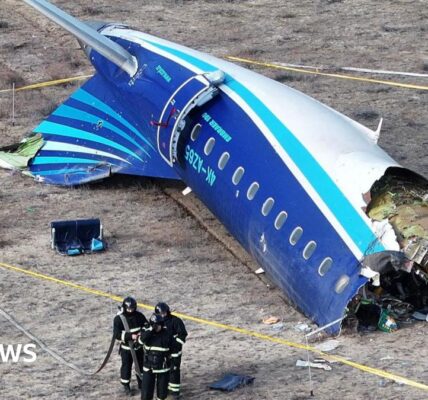The Supreme Court’s ruling on the law will be crucial to the fate of dozens of religious structures, especially those of Muslims, that are contested by Hindu groups. These include Gyanvapi and Shahi Eidgah, two disputed mosques in the holy cities of Varanasi and Mathura.
Critics also point out that the historical nature of the sites will make it hard to conclusively establish divergent claims, leaving scope for bitter inter-religious battles and violence.
While the hearing is being closely watched, the law also makes news whenever there is a fresh development in cases challenging mosques.
Two weeks ago, a court in Rajasthan issued notices to the government after admitting a petition claiming that the revered Ajmer Sharif dargah – a 13th-Century Sufi shrine that attracts thousands of visitors every day – stood over a Hindu temple.
And last month, four people were killed in Sambhal town in Uttar Pradesh state when violence broke out during a court-ordered survey of a 16th-Century mosque. Muslim groups have contested the survey in the Supreme Court.
There have been tensions over other court-ordered surveys earlier, including in the case of the Gyanvapi mosque. Hindu groups said the 17th-Century mosque was built by Mughal emperor Aurangzeb on the partial ruins of the Kashi Vishwanath temple. Muslim groups opposed the survey ordered by a local court, saying it violated the 1991 law.
But in 2022, a Supreme Court bench headed by then chief justice DY Chandrachud did not stop the survey from going ahead. He also observed that the 1991 law did not prevent investigations into the status of a place of worship as of 15 August 1947, as long as it did not seek to alter it.
Many have criticised this since then, with former civil servant Harsh Mander saying that it “opened the floodgates for this series of orders by courts that run contrary to the 1991 law”.
“If you allow the survey of a mosque to determine if a temple lay below it, but then prohibit actions to restore a temple at that site, this is a surefire recipe for fostering resentment, hate and fear that could detonate for years in bitter feuds between people of diverse faiths,” Mr Mander wrote, external.
Thursday’s Supreme Court order means that these surveys and ongoing court cases remain on hold for now.
Follow BBC News India on Instagram, external, YouTube, external, Twitter, external and Facebook, external





